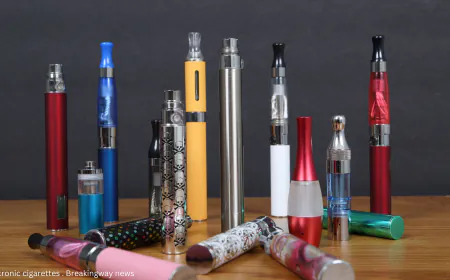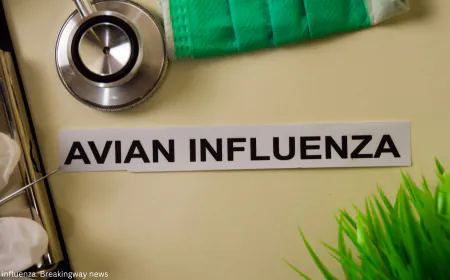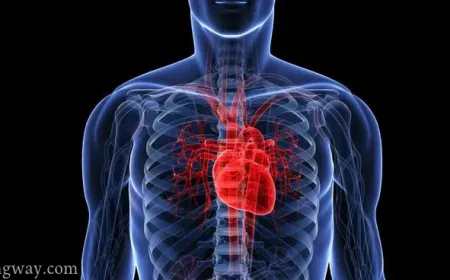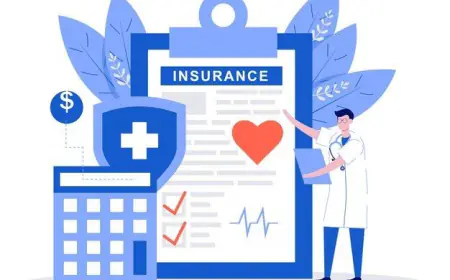Heatwave Dangers: Understanding the Health Risks and Prevention
Learn about heatwave health risks and essential prevention tips to stay safe during extreme heat. Stay informed with Breaking Way Health.
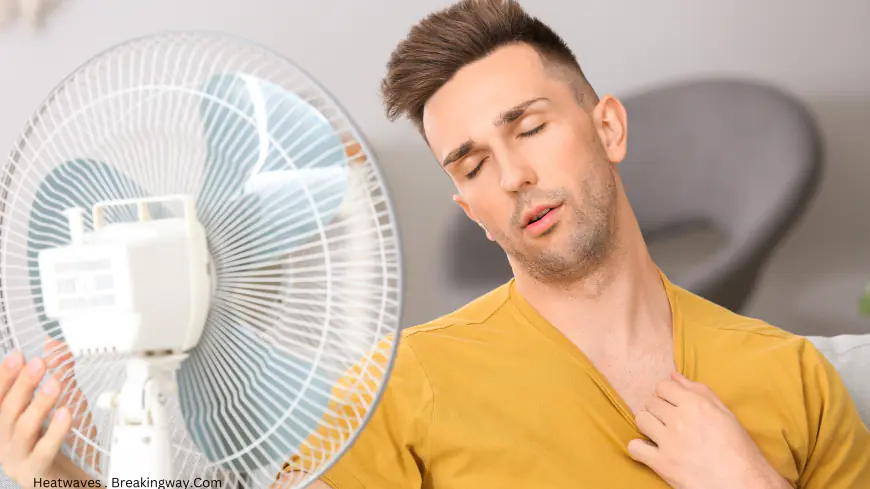
Heatwaves are increasingly becoming a public health emergency as global temperatures continue to rise. These prolonged periods of excessive heat can have severe health consequences, particularly for vulnerable populations. In this article, we’ll explore the dangers of heatwaves, define what they are, recognize the symptoms of heat-related illnesses, and discuss preventive measures to keep you safe.
The Dangers of Heatwaves
Heatwaves are more than just an inconvenience; they pose a serious risk to health, particularly when temperatures reach unprecedented levels. The body struggles to maintain its normal temperature during extreme heat, leading to potentially life-threatening conditions. Heat-related illnesses such as heat exhaustion and heatstroke can develop rapidly, especially among the elderly, young children, and those with chronic health conditions. Even healthy individuals are not immune to the risks, making it crucial for everyone to understand the dangers and take them seriously.
What is a Heatwave?
A heatwave is defined as an extended period of excessively hot weather, often lasting several days or longer, with temperatures that are significantly higher than the average for a particular region. This intense heat, often accompanied by high humidity, can make it feel even hotter and exacerbate the health risks.
Heatwaves can be particularly dangerous in areas unaccustomed to such high temperatures, where people and infrastructure are less prepared to cope with extreme heat.
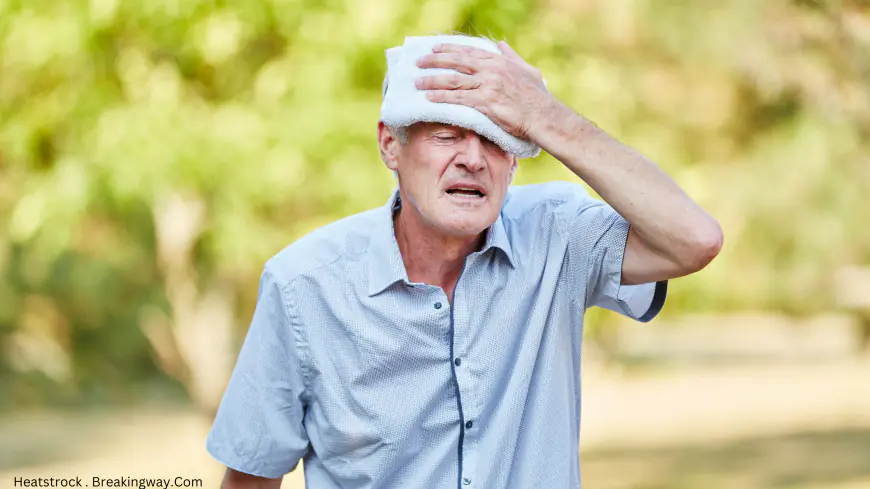
Symptoms of Heat-Related Illnesses
Recognizing the symptoms of heat-related illnesses early can prevent severe complications :
- Heat Exhaustion: This condition is characterized by heavy sweating, weakness, dizziness, nausea, headache, and muscle cramps. It’s important to cool down immediately if you experience these symptoms.
- Heatstroke: The most severe heat-related illness, heatstroke, occurs when the body’s temperature rises above 103°F (39.4°C). Symptoms include confusion, loss of consciousness, and in extreme cases, seizures. Heatstroke is an emergency condition need immediate treatment.
- Dehydration: Signs of dehydration include dry mouth, extreme thirst, dark urine, and decreased urine output. Dehydration can escalate quickly in hot weather, leading to more serious conditions if not addressed.

Preventive Measures: How to Stay Safe During a Heatwave
Taking proactive steps during a heatwave can protect your health and well-being. Here are some essential tips:
- Stay Hydrated: Drink plenty of water throughout the day, even if you don’t feel thirsty.
- Keep Cool: Spend time in air-conditioned environments whenever possible. If you don’t have air conditioning at home, visit public places like shopping malls or libraries. Use fans, take cool showers, and wear loose, light-colored clothing to stay cool.
- Minimize outdoor activities : during the peak heat of the day . If you must be outside, take frequent breaks in shaded areas, wear sunscreen, and stay hydrated.
- Check on Vulnerable Individuals: Make sure elderly neighbors, young children, and those with chronic health conditions are staying cool and hydrated. They are more susceptible to the dangers of heatwaves and may need additional support.
- Educate Yourself and Others: Understanding the symptoms of heat-related illnesses and the importance of prevention can help you protect yourself and your community. Share this information with others to raise awareness.
Heatwaves are a growing concern as global temperatures rise, posing significant health risks to everyone, especially vulnerable populations. By understanding the dangers, recognizing the symptoms, and taking preventive measures, you can protect yourself and those around you during extreme heat events. Stay informed, stay cool, and stay safe during the next heatwave.
What's Your Reaction?






























